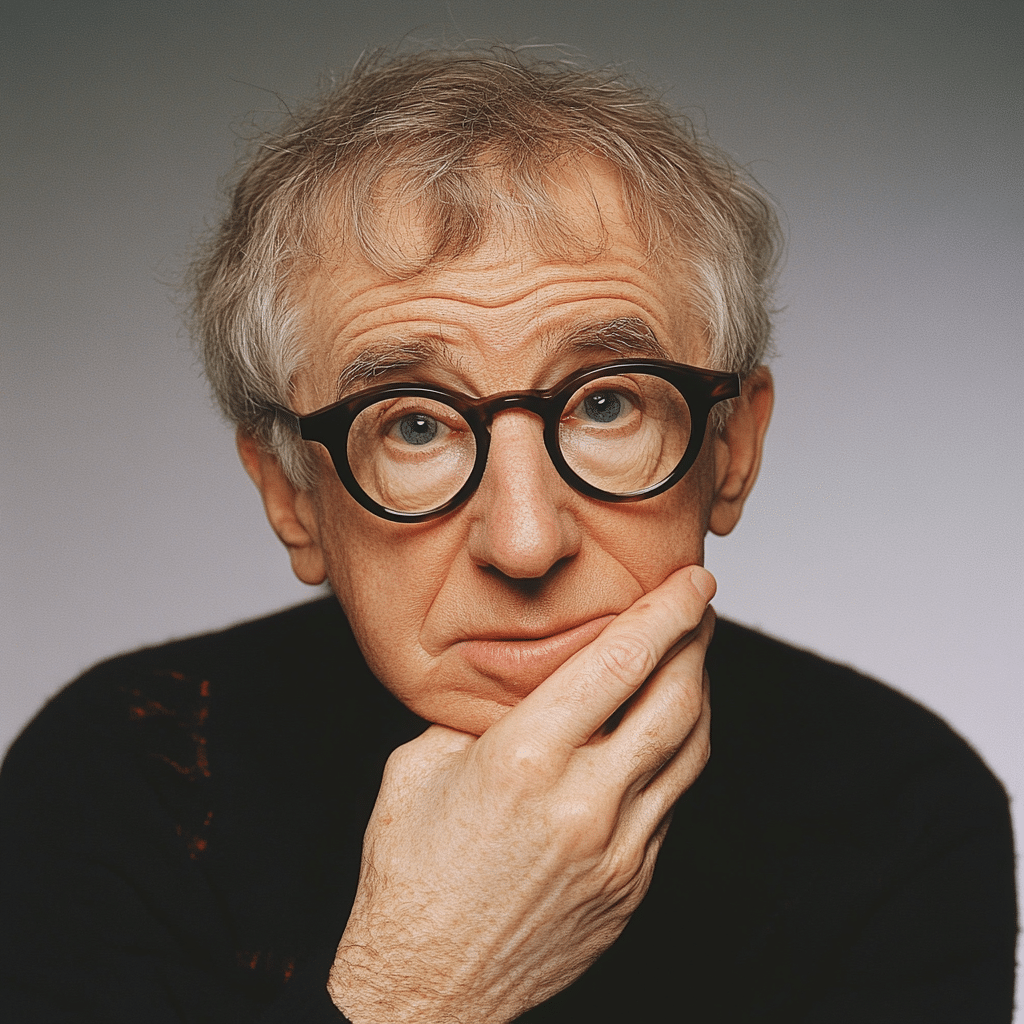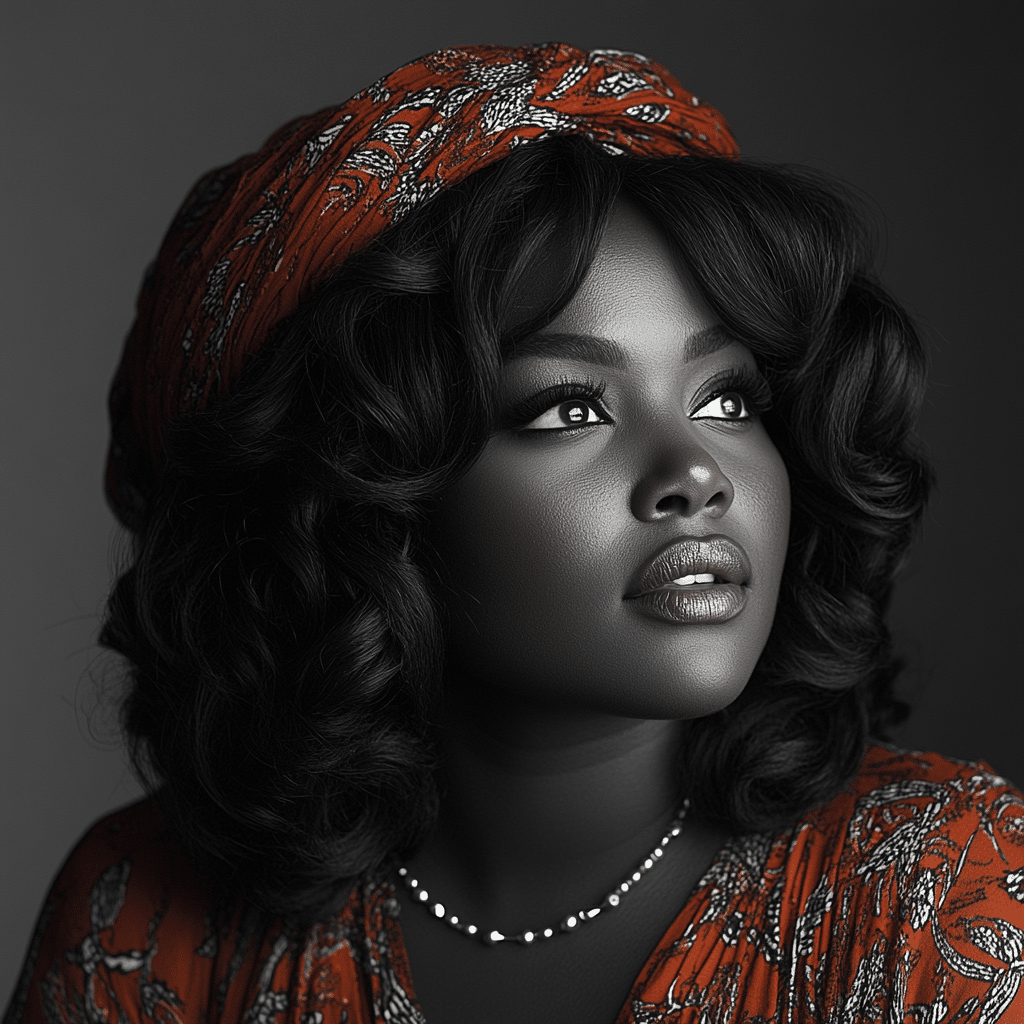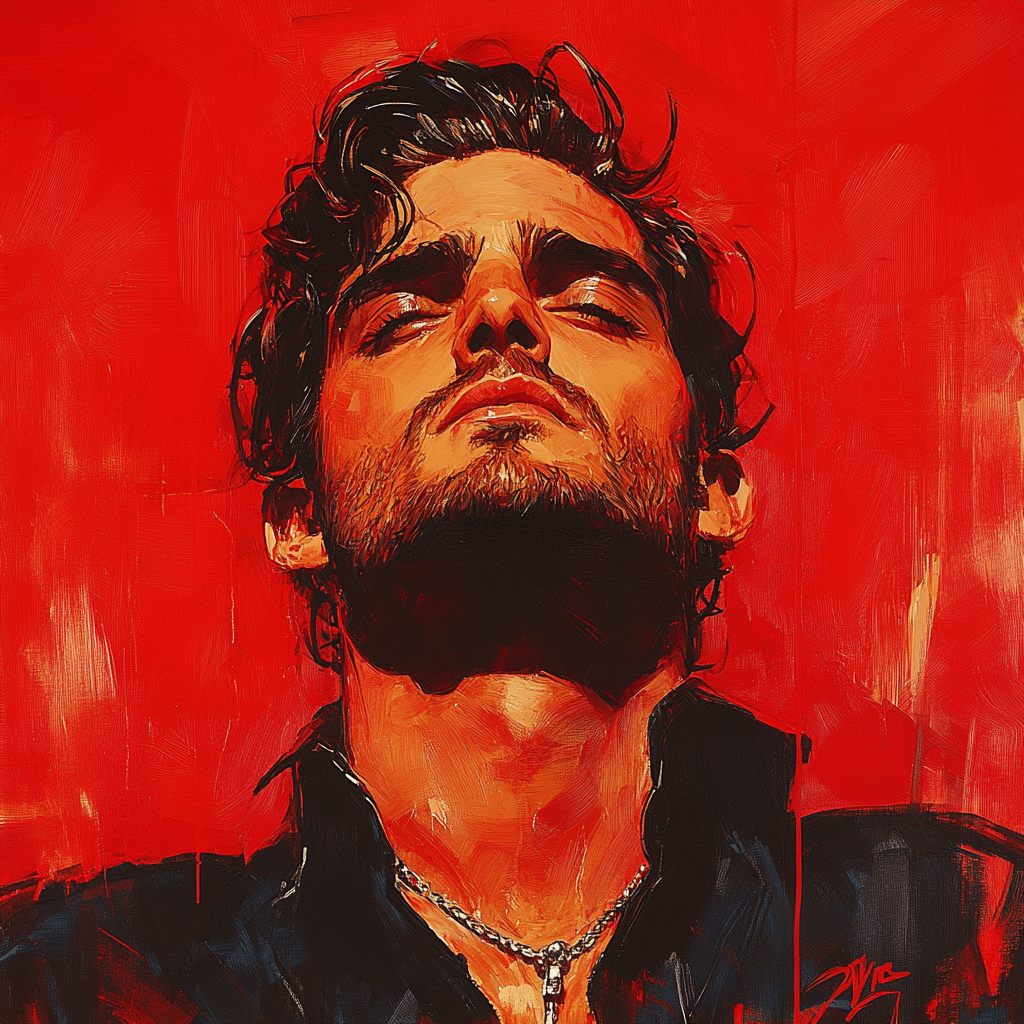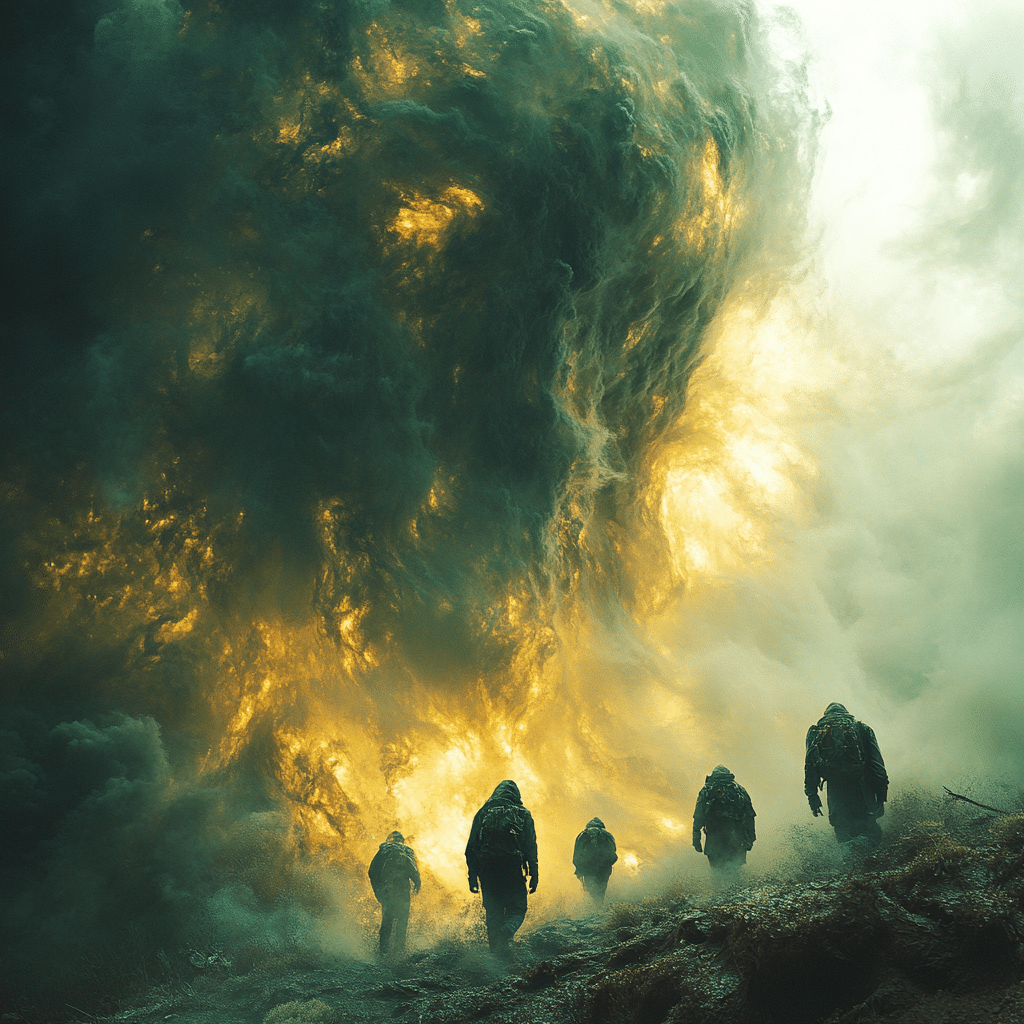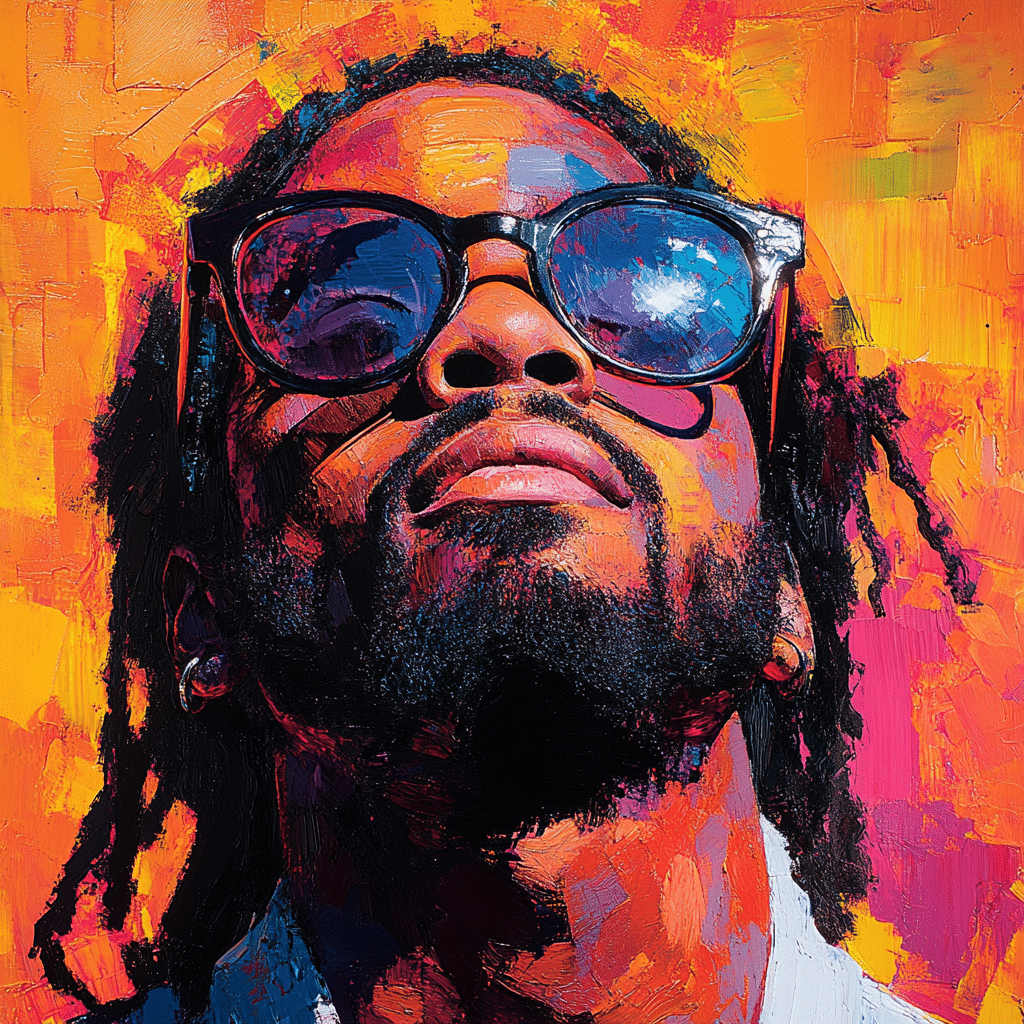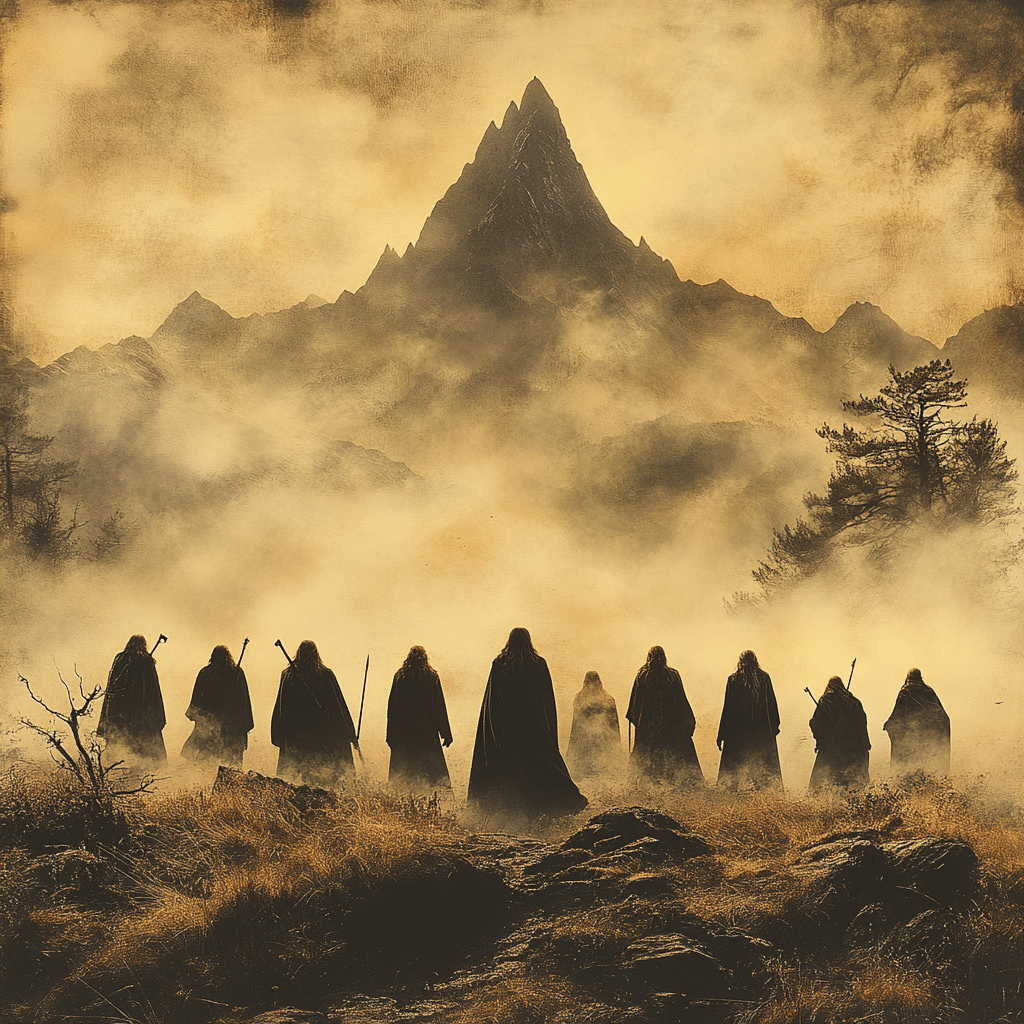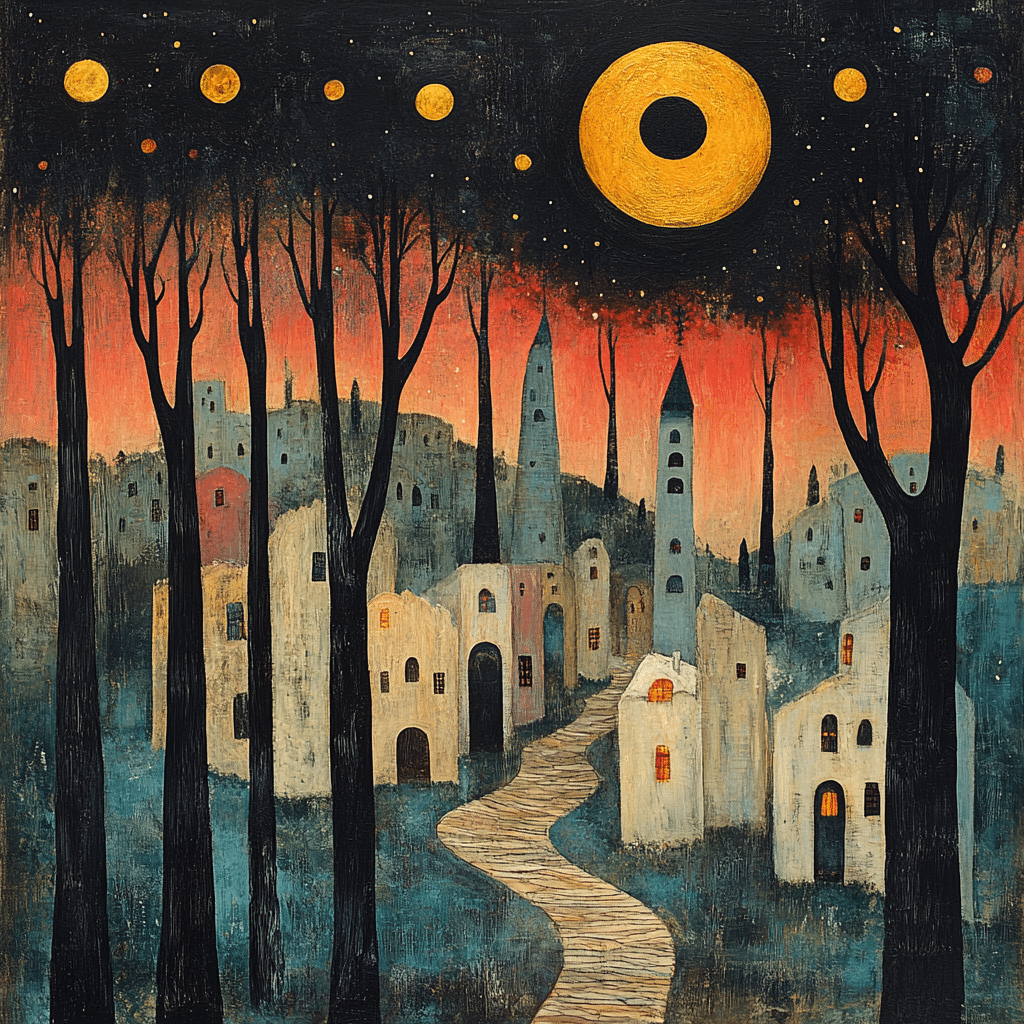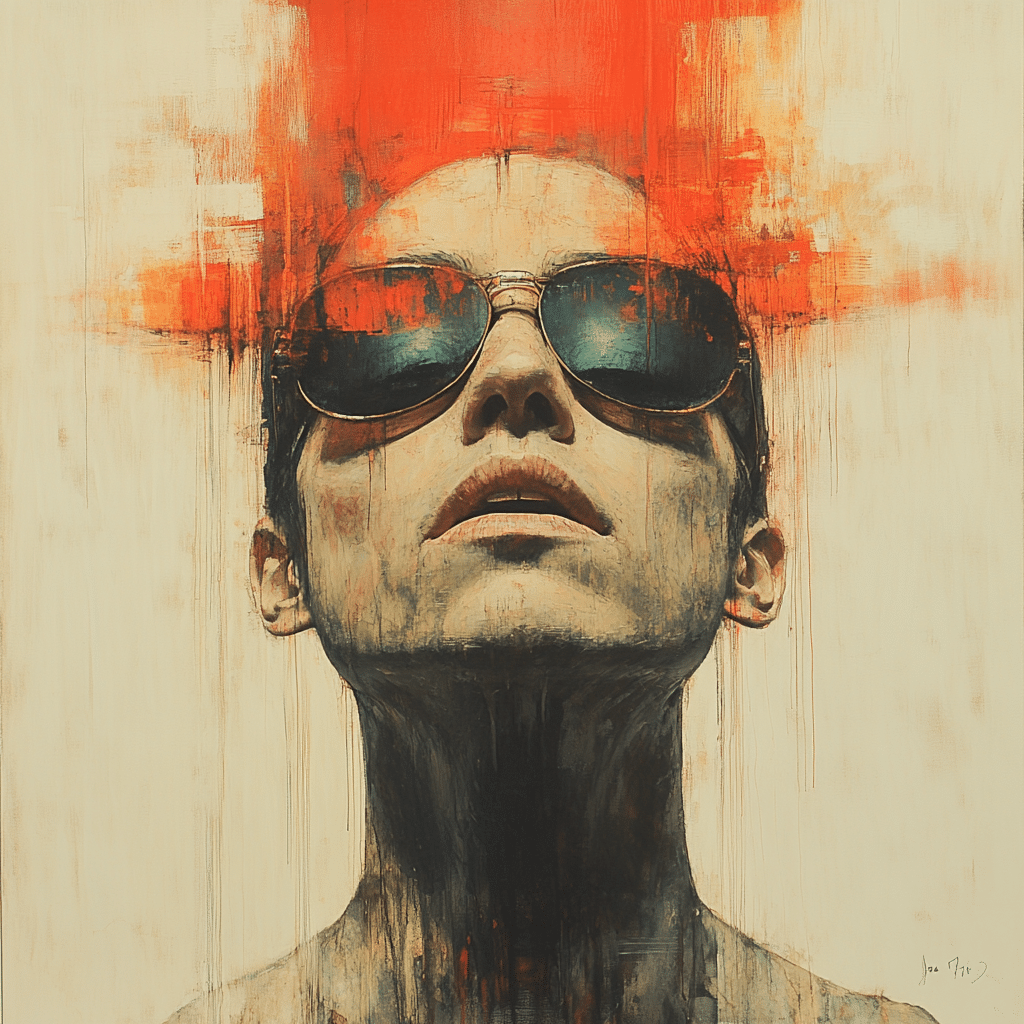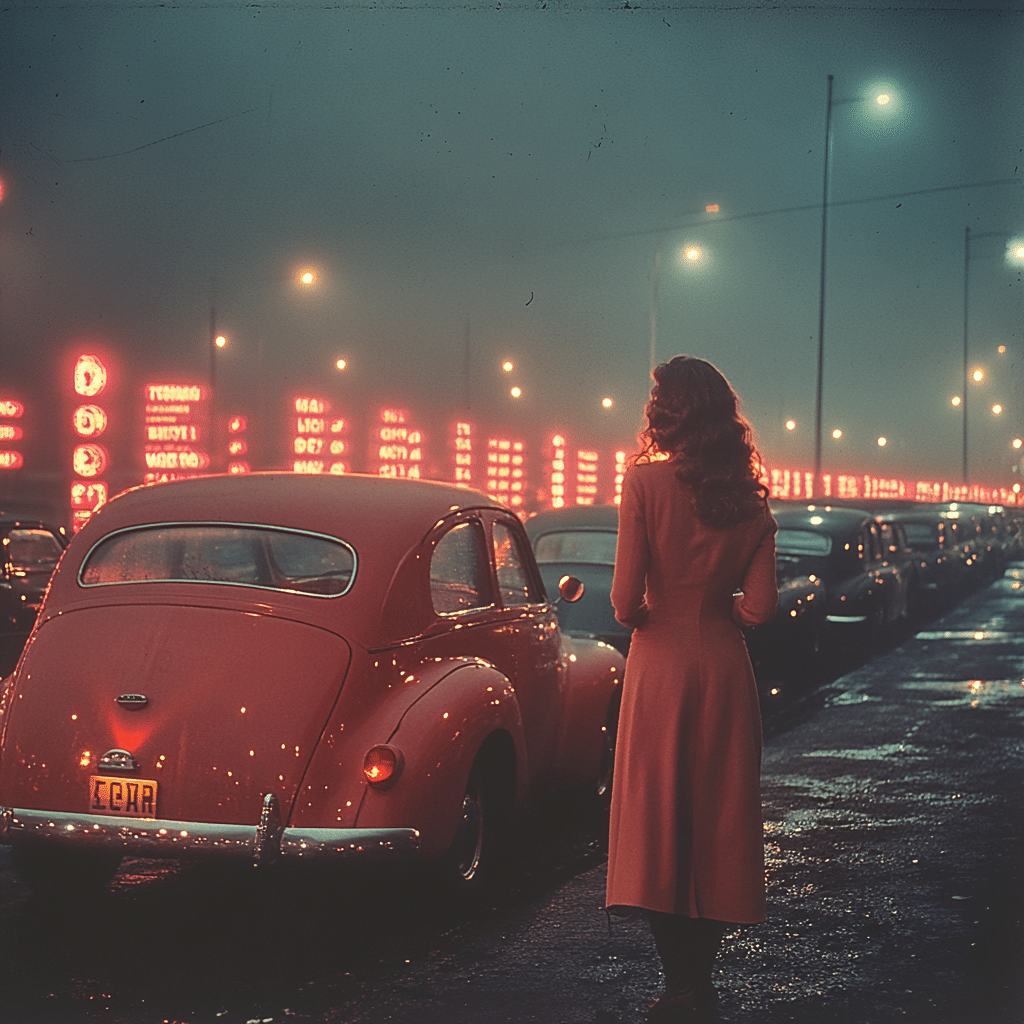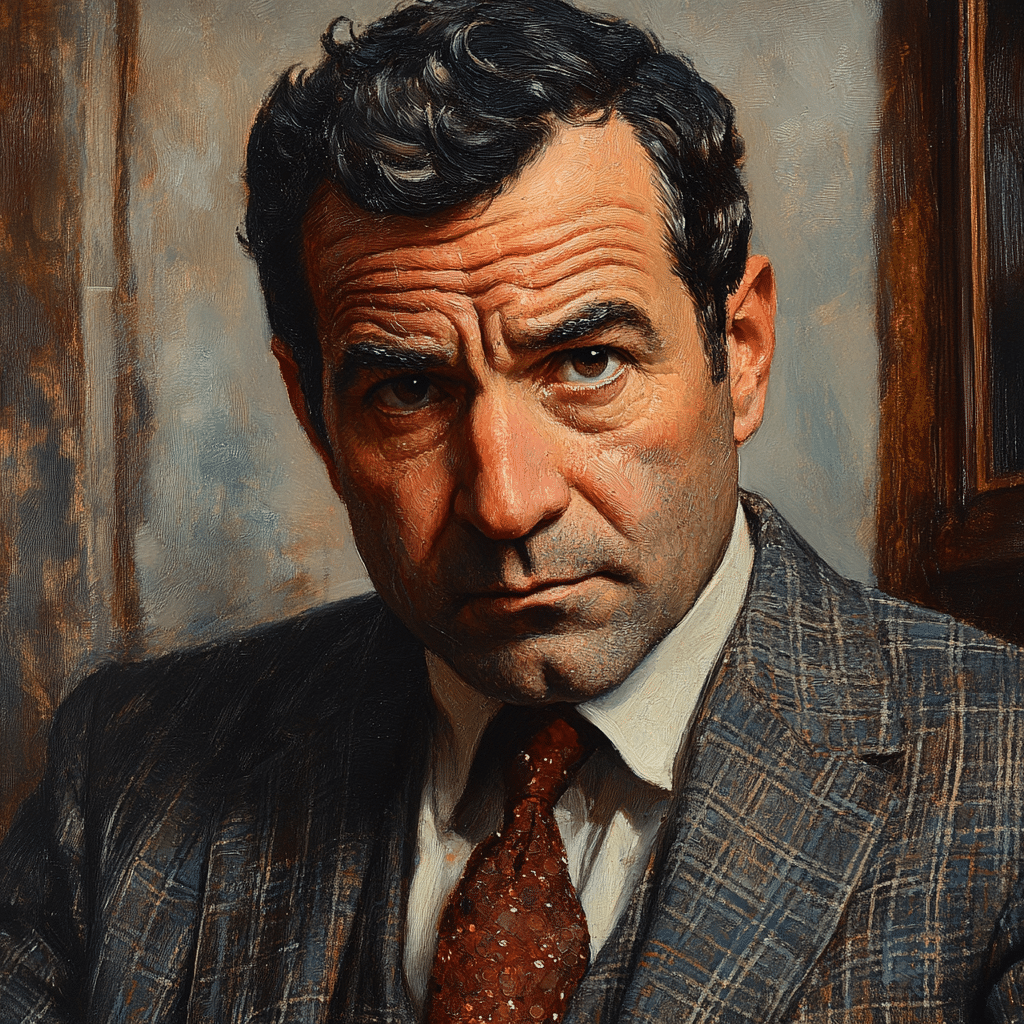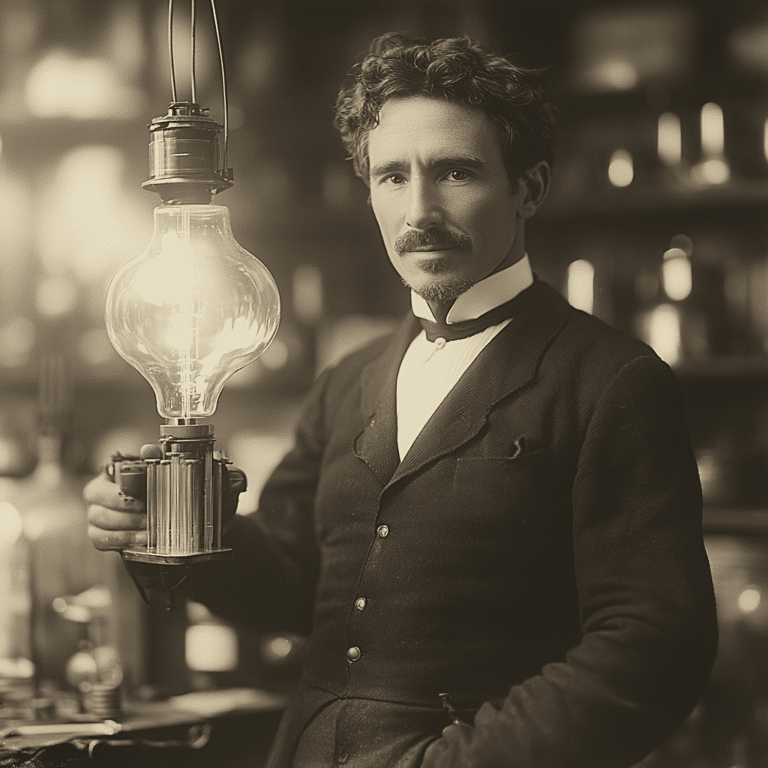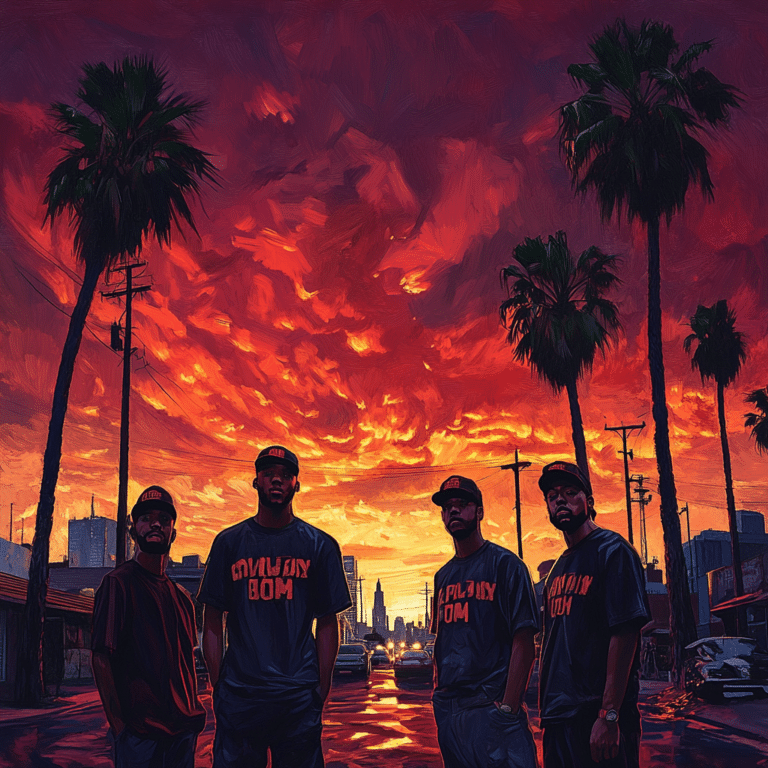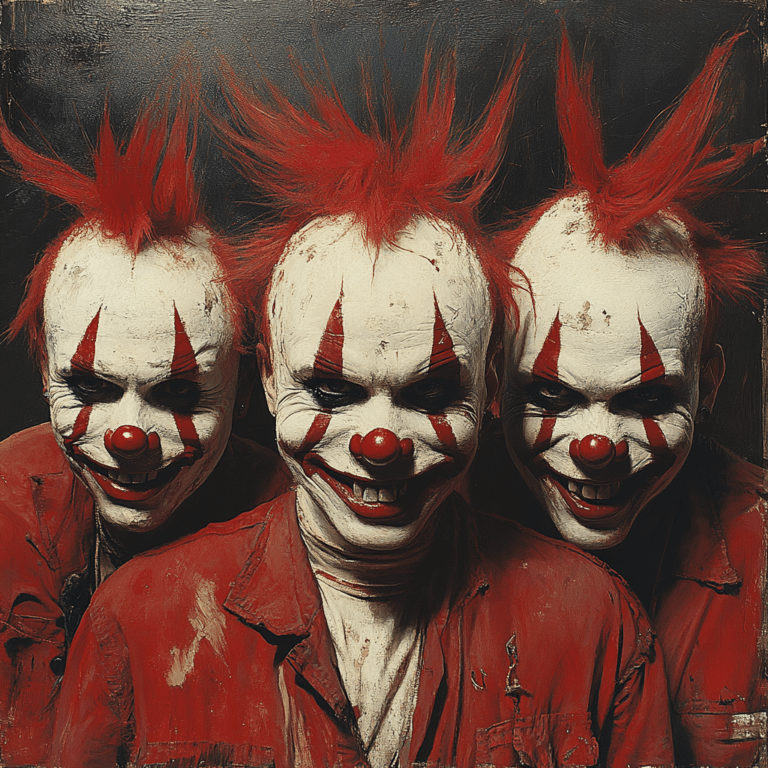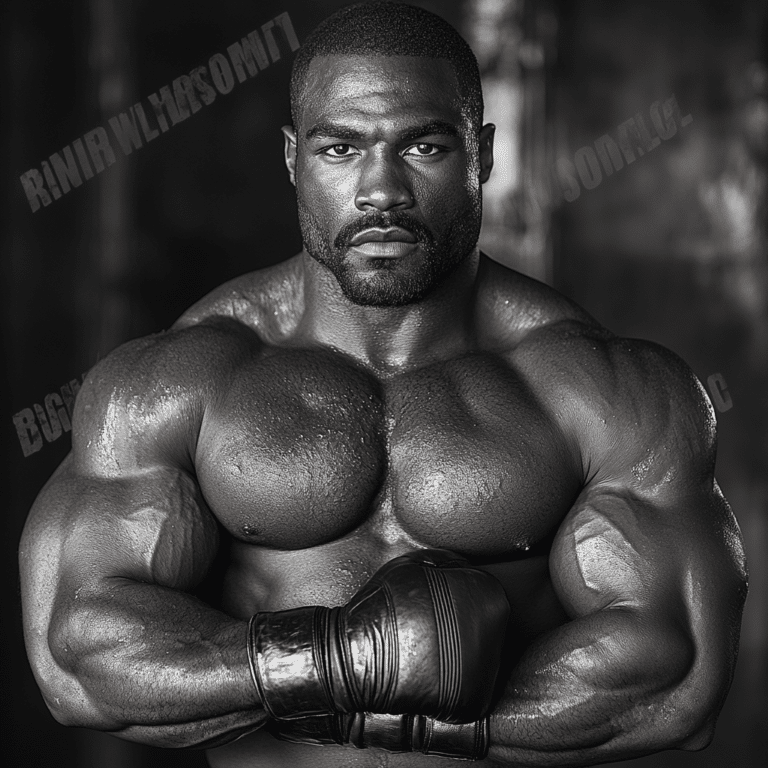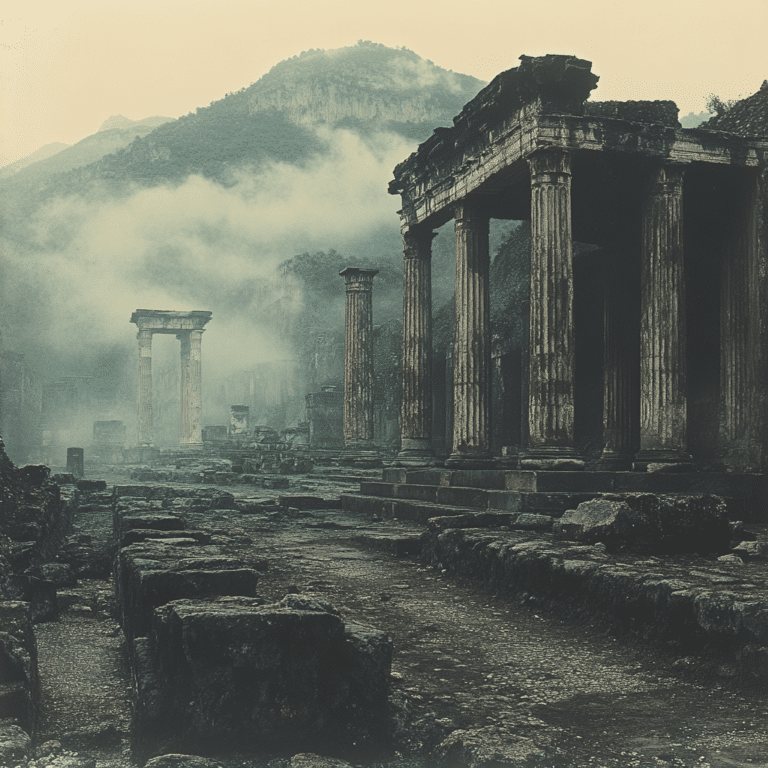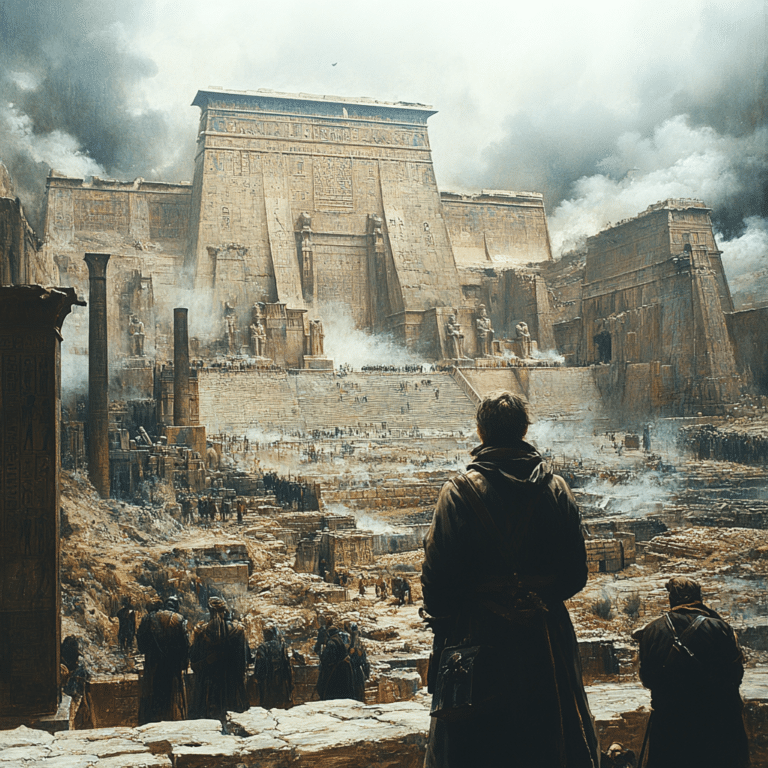Woody Allen has been a monumental figure in cinema, wielding an influence that can’t be overstated. He’s known for clever dialogue, neurotic characters, and explorations of love and existential angst. It’s no surprise that people either champion his work or scrutinize his life. Examining the duality of Woody Allen’s legacy—his incredible storytelling and his controversial personal life—reveals a filmmaker who has captivated audiences for decades. His ability to tackle personal insecurities, often with a comedic twist, ensures that his films remain both timeless and poignant.
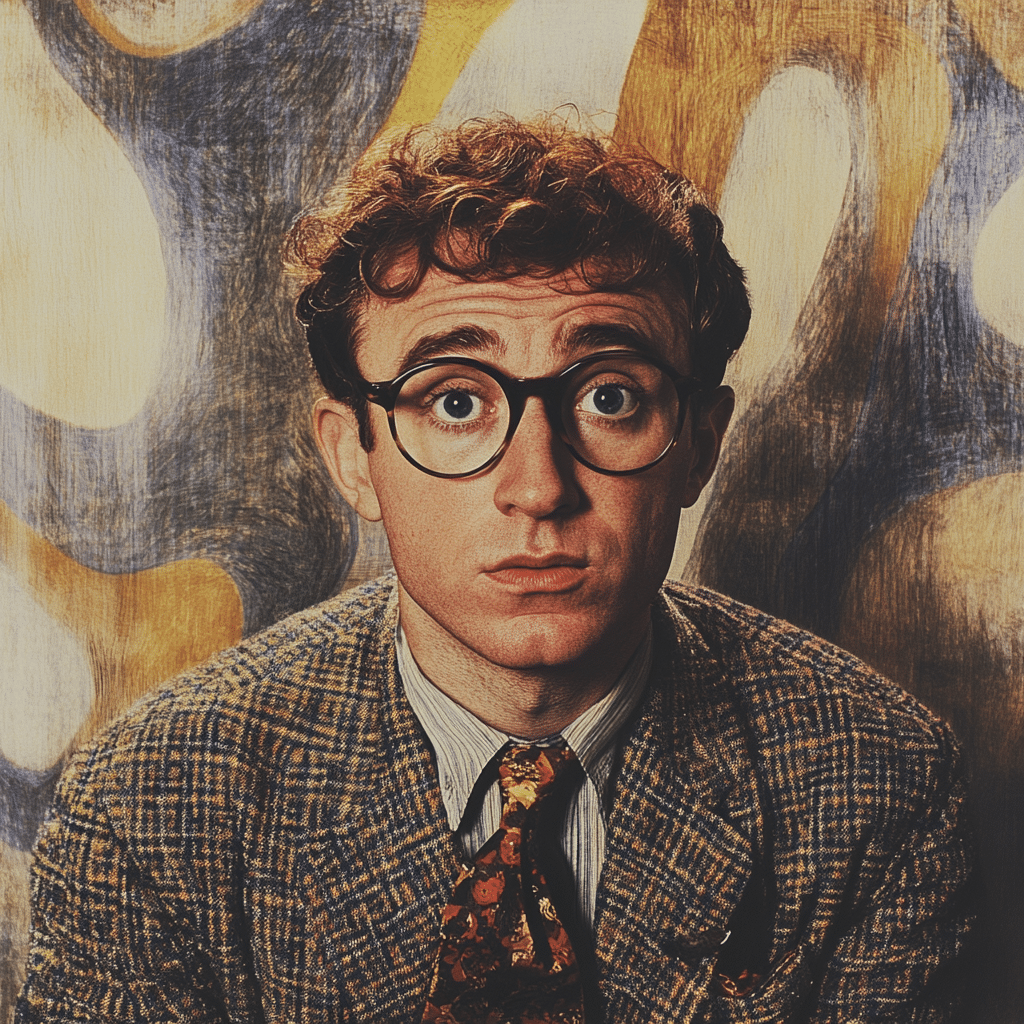
The Enduring Legacy of Woody Allen
Woody Allen isn’t just a filmmaker; he’s a cultural phenomenon. His films have inspired a generation of creators, making their mark on multiple genres. From early stand-up routines to his significant body of feature films, Allen’s artistry demonstrates a remarkable understanding of the human condition. His distinct voice resonates through characters that embody insecurities, aspirations, and vulnerabilities we all can relate to.
But let’s not sugarcoat things. Questions surrounding Allen’s personal life can’t be ignored. This complexity only adds to the discussions his films spark. Despite the controversies, audiences continue to engage with his work, often balancing enjoyment with moral contemplation. This ongoing dialogue about Woody Allen makes him a riveting figure in the world of cinema.
Beloved by some and critiqued by others, his legacy fosters a crucial conversation about the intersection of art and artist. When viewing Allen’s works, the audience must grapple with the delicate dance between talent and ethical considerations in a filmmaker’s life.
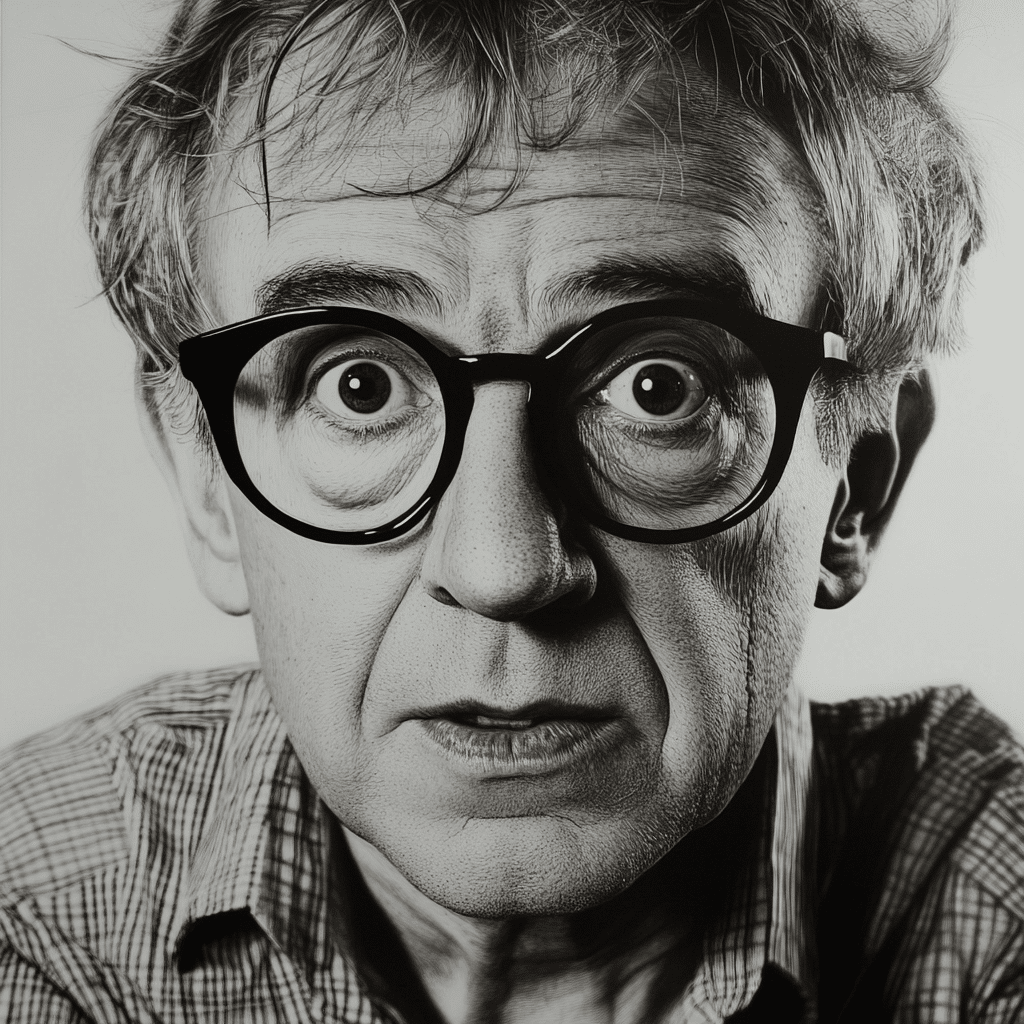
Top 7 Iconic Films by Woody Allen
Woody Allen’s filmography is plentiful and colorful, showcasing his ability to weave humor and seriousness into genuine storytelling. Here are seven iconic films that have etched their place in cinematic history:
No list would be complete without Annie Hall, often hailed as one of Allen’s most renowned films. This romantic comedy pushed the envelope with its engaging narrative structure and vibrant characterizations. The love story of Alvy Singer—who’s as neurotic as they come—and Annie Hall (Diane Keaton) feels fresh and relatable, still influencing modern films like Crazy, Stupid, Love.
A visually stunning film, Manhattan is shot in black and white, offering a romanticized yet realistic view of New York City. The film follows the intertwined lives of its characters, filled with Allen’s characteristic sharp wit. Capturing the essence of love, art, and intellectual curiosity, it’s a touchstone for filmmakers like Tim Burton, who cast urban landscapes as integral components of their narratives.
This film delivers an unfiltered exploration of marriage and infidelity. Featuring an ensemble cast, Husbands and Wives employs a documentary-style look, enabling audiences to peek into the crumbling worlds of couples. The rawness of the film anticipates similar techniques found in series like Transparent, which aim for a more authentic portrayal of relationships.
Midnight in Paris stands out as a whimsical homage to nostalgia. In this film, the protagonist finds himself in the past among literary giants like F. Scott Fitzgerald and Ernest Hemingway. The themes of longing and identity in a shifting cultural landscape resonate with viewers today, creating an enchanting experience that feels relevant even in 2024.
Moving into darker territory, Blue Jasmine tells the tale of a socialite who loses everything. Jasmine, portrayed magnificently by Cate Blanchett, confronts themes of wealth, loss, and redemption. The film’s stark portrayal captures our current societal rifts while still revealing Allen’s keen eye for human behavior.
Featuring a magical premise, The Purple Rose of Cairo tells the story of a waitress who finds hope through movies. When a character steps off the screen into her life, it raises questions about the nature of escapism. The film’s exploration of cinema as a transformative force reveals Allen’s persistent intrigue around fantasy versus reality.
A semi-autobiographical look at a struggling writer, this film uncovers the battleground between art and artist. With its self-referential flair, Deconstructing Harry showcases the trials of creativity and personal conflict, drawing parallels to other comedic heavyweights like Tim Allen and his own journey through the entertainment industry.
The Influence of Woody Allen on Contemporary Filmmaking
Woody Allen’s impact reaches far beyond his filmography. His techniques have profoundly influenced a plethora of filmmakers. Tim Burton, noted for merging humor and darkness, has clearly drawn from Allen’s mastery in crafting engaging characters amid peculiar circumstances. The quirky aesthetic of Burton’s narratives echoes Allen’s exploration of the absurdities in life.
Keenan Allen’s comedic style owes a nod to Allen’s neurotic charm. Emulating Woody Allen’s self-deprecating humor has become a valuable lesson for upcoming artists. The array of cultural commentary Allen has woven into his narratives continues to resonate today. They serve as reference points for daring filmmakers willing to explore deeper societal issues, much like Allen did throughout his career.
One cannot overlook how Allen’s films inspire discussions about the ethical boundaries in storytelling. Documenting human experiences and flaws has become a blueprint for modern filmmakers striving to create authentic narratives. This legacy endures as others continue to navigate the treacherous waters of complex themes handled with grace.
Reflections on a Complex Legacy
The myriad layers of Woody Allen’s legacy prompt thought-provoking conversations. His films provide insight into serious themes like love, morality, and even personal redemption. Standing amid accolades and controversies, Allen invites audiences to confront their interpretations of artistry and ethics, challenging the notion of dividing the art from the artist.
As viewers mull over the complexities of Woody Allen’s life and work, the discourse becomes vital for understanding the nuances of modern cinema. From his razor-sharp wit to his deeply emotional narratives, the filmmaker has reshaped our understanding of storytelling through diverse lenses.
In 2024, Woody Allen remains a polarizing figure, a layered presence in the cinematic universe. His enduring tales continue to provoke laughter, tears, and lasting discussions that transcend generations, asserting his place as a true heavyweight in the world of film. The dialogues his films elicit about love, loss, and the human experience keep bringing audiences back for more—an unmistakable hallmark of a timeless storyteller.
In this vibrant film landscape, Woody Allen illustrates the timeless nature of storytelling. His legacy won’t fade away anytime soon, as it continually inspires, provokes, and engages. Whether you love him or find yourself questioning aspects of his life, one thing is sure: the ink of his influence runs deep, forever altering how stories are told and consumed in the cinema world.
Woody Allen: The Iconic Filmmaker Behind Timeless Classics
Behind the Scenes of Woody Allen’s Masterpieces
When you think about Woody Allen, it’s hard not to associate him with the charming quirkiness that defines his films. Born Allan Stewart Konigsberg in 1935, Woody Allen began his career as a comedy writer before transitioning to directing films that explored themes of love, identity, and neurosis. One fun tidbit about this prolific filmmaker is that he once wrote jokes for comedians, including the legendary Betsy Palmer. Yes, that Betsy Palmer of “Friday the 13th” fame! Talk about a jump from comedy to horror, huh?
Woody Allen’s life has often mirrored the unpredictable nature of his films. Did you know he famously stated he was inspired by the intimacy of European cinema? This influence is evident in his movie “Midnight in Paris,” which is as whimsical as a stroll through the enchanting streets of the City of Light. And speaking of light, his films have often tested the waters between drama and comedy, leaving audiences wondering which emotions to embrace. It’s similar to the sentiments around Gritamos, where passionate expressions intertwine with vibrant storytelling, reflecting the complexities of human experience.
Quirks and Facts About Woody Allen
Allen’s filmography includes some heavy hitters, like “Annie Hall” and “Manhattan,” which were groundbreaking in their portrayal of romance and existential dread. But did you know that Woody Allen has also dabbled in various genres? For instance, his science fiction film “Sleeper” puts a hilarious spin on the premise of being cryogenically frozen, landing in a future that feels eerily similar to our own. This is reminiscent of the themes found within sci-fi flicks like Alita Battle angel, where the fusion of technology and humanity plays a central role.
And to add another layer to this maestro’s life, Woody Allen has often drawn from his personal experiences, notably his own relationships and struggles, including health issues. He’s been candid about topics like anxiety and even What are heart Palpitations that many folks can relate to. Through his lens, we find ourselves grappling with our own doubts and desires, much like fans who tune into the enthralling sports journey of fighters like Khabib Nurmagomedov, both searching for validation in their respective arenas. So next time you pop on a Woody Allen classic, remember that you’re not just watching a flick – you’re diving into the delightful chaos that is life itself!
